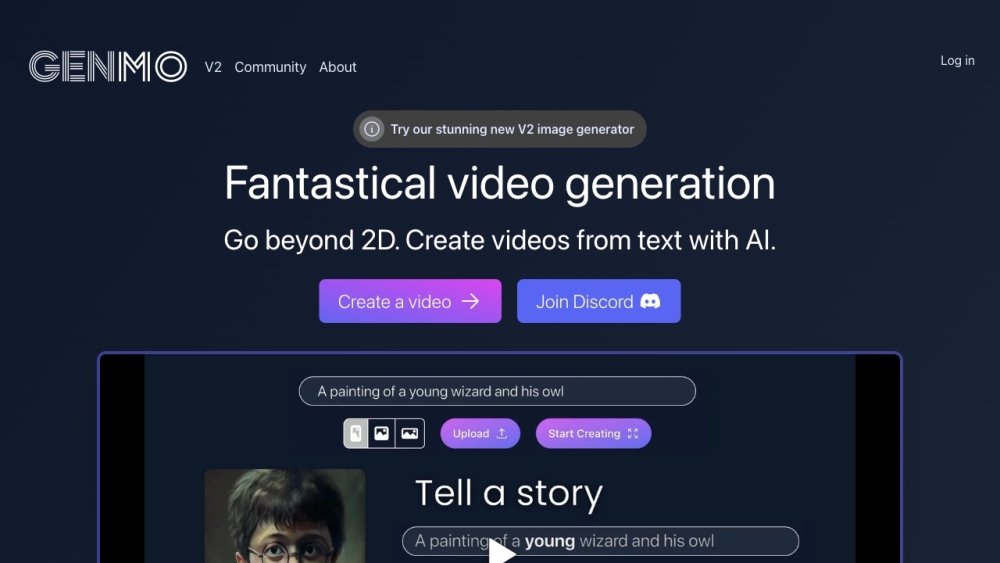At the end of 2022, ChatGPT emerged as a transformative force in the tech landscape, shifting focus away from the metaverse while sparking new discussions about its viability. However, generative AI is enabling a more affordable entry into the metaverse, opening the door to extensive commercial opportunities.
The Resilience of the Metaverse
On July 6, 2023, at the World Artificial Intelligence Conference, IEEE Board Member Yuan Yu asserted, "We are at the intersection of the digital intelligence and digital reality eras; intelligence is on the rise, and the metaverse is imminent." Likewise, during the 6G Smart Network and Computing Conference, the Vice President of the China Telecom Research Institute highlighted that the metaverse would usher the world into an age of intelligent computing power. This escalating demand for smart computing and bandwidth represents significant opportunities for advancing 5G technology, implementing China's "East Data, West Computing" strategy, and fostering developments in AI and chip technology.
To chart a successful course toward a new metaverse frontier, comprehensive government planning is crucial. Various nations are unveiling their metaverse strategies, yet responses to this emerging technology vary widely. The Chinese government, with its open and inclusive approach, is enhancing systematic and long-term planning, creating a favorable environment that attracts entrepreneurs eager to engage in the expanding metaverse industry.
As the metaverse and its technologies evolve, industry professionalism and precision are on the rise. Key advancements include software and hardware applications. Major players, both domestic and international, are investing heavily in the metaverse. Meta (previously Facebook) has rebranded to reflect its commitment to this new domain, while Apple has introduced new headset products to enter the market.
WiMi Hologram is at the forefront of the metaverse hardware and software sector. Since its inception, the company has capitalized on the rollout of 5G technology, developing projects like 3D naked-eye live streaming, cloud-based VR gaming, and 5G music exhibitions, all of which create immersive environments for users.
The potential of the metaverse is increasingly recognized. WiMi boasts a highly skilled research team from prestigious academic institutions, driving advancements in software development, product design, and brand marketing. With nearly 5,000 metaverse intellectual properties and over a hundred technology patents, the company has established formidable barriers to entry, securing its competitive edge in the XR and metaverse arenas.
In 2023, the AI wave triggered by ChatGPT affected diverse sectors, including technology and finance. The integration of AI-Generated Content (AIGC) is poised to stimulate social engagement during the early stages of metaverse development, even if initial user growth is modest. WiMi is actively investing in AIGC technology to enhance its metaverse initiatives. The maturation of generative AI technology is anticipated to unlock transformative opportunities for the metaverse, with AIGC playing a crucial role in shaping its future, increasing accessibility, and improving user convenience.
The company's strategy focuses on building a community through user engagement and content development, aiming to provide creators with AIGC applications and interfaces that establish a valuable metaverse content application brand for the new era.
Conclusion
According to McKinsey's report, "Creating Value in the Metaverse – Real Business in Virtual Worlds," the metaverse market is projected to reach $4-5 trillion by 2030. Citibank further predicts that the number of metaverse users could escalate to 5 billion, with a potential market size peaking at $13 trillion in the same timeframe.





